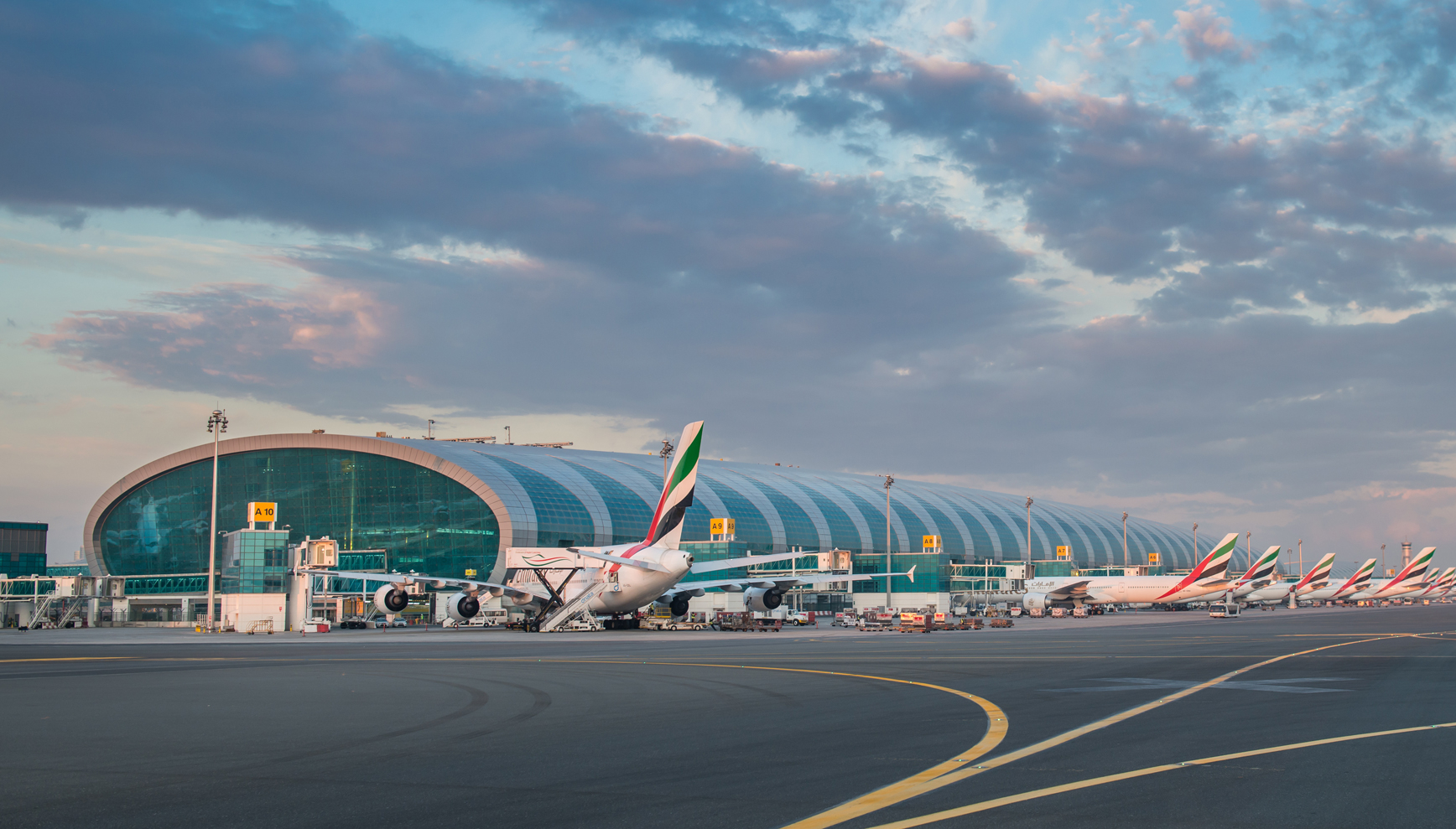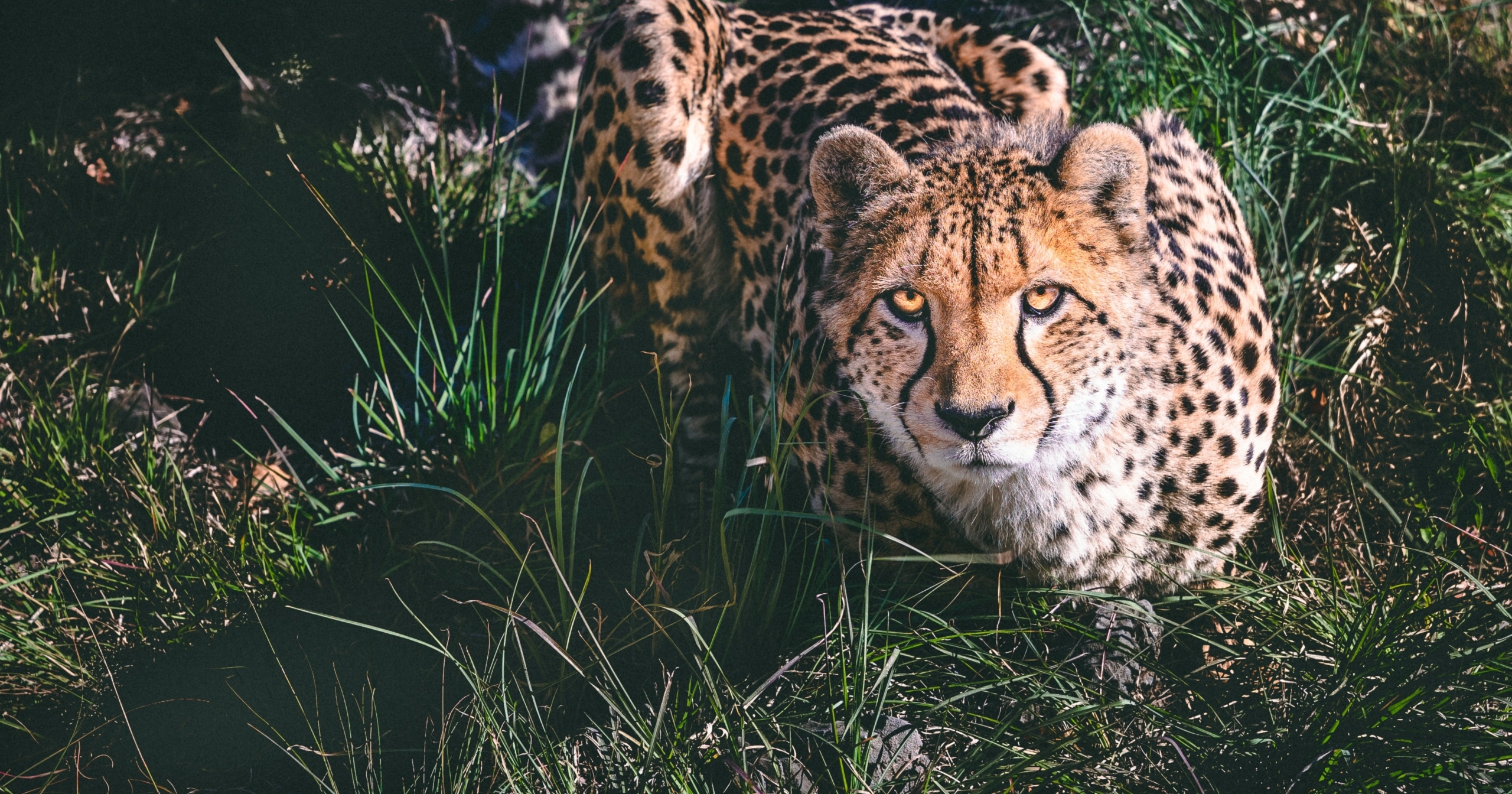The trafficking and exploitation of wildlife is a multibillion-dollar business. Driven by high profit margins, it is estimated to be the fourth largest illegal trade, valued at around US$20 billion a year. This criminal enterprise is violent and tragic; poached for illegitimate medicines and miracle cures, to become exotic pets or sold to zoos, or for horns, pelts or meat, animals are being inexorably pushed to the edge of extinction. This is a global business, and a global issue that we need to address.
The logistics network, and air freight in particular, is the backbone of global trade and, unfortunately, this holds true for illegal wildlife trafficking too. Poaching syndicates rely heavily on air travel and cargo carriers to smuggle animals or animal products from source to destination, often across international borders.
However, that also means that airlines and the wider air transport industry is uniquely placed to disrupt the wildlife black market and break the global supply chain.
At the Emirates Group, we have implemented a zero tolerance policy on carrying banned species, hunting trophies or any products associated with illegal wildlife activities, even in situations where the shipment may be considered legal under CITES. As one of the world’s largest international airlines, connecting 140 destinations across 6 continents, by refusing to transport illegal wildlife, we play a part in reducing the network for these syndicates and, in turn, help cut off the supply of exploited wildlife.
We have introduced wildlife awareness training for Emirates SkyCargo and passenger services staff, encompassing Cabin Crew, Emirates Airport Services, and Emirates Group Security. The training enables employees to identify indications of illicit wildlife trafficking in both passenger and cargo operations. The training also supports staff on how to promptly report suspicions or occurrences to appropriate internal departments or external authorities. Having just obtained the IEnvA Illegal Wildlife Trade Module certification, we are strengthening our business procedures to combat illegal wildlife trafficking.
Much like other criminal enterprises, the illegal wildlife trade is characterised by violence, posing risks to intervention or speaking out. Additionally, there is a nexus between illegal wildlife trade and other illicit activities. To address this, we have established internal reporting channels that offer confidential and anonymous options for Emirates employees to flag suspicious behaviour, ensuring their safety. This information is then conveyed to relevant authorities and law enforcement for required measures.
Another way we leverage our international reach is to drive awareness around the illegal trafficking of endangered wildlife. In 2016, we emblazoned wildlife decals onto four of our iconic A380s; flying nearly 6,000 flights over millions of kilometres, touching down in 48 cities in 29 countries, we made it impossible to ignore the plight of endangered species, such as elephants, big cats and gorillas.
Airlines are just one piece of the puzzle. If all cross-border shippers from sea to land to air adopted this strict policy and in-depth education, it would become much more difficult for criminals to abuse the transport sector in the supply of trafficked animals.
As a founding signatory to the Buckingham Palace Declaration and a part of the Steering Committee of the United for Wildlife MENA Chapter, we are committed to cross-functional collaboration, working together to find a global solution to this global problem.
It is a tragedy to think that future generations may not experience the beauty of tigers, rhinos, turtles, leopards, orangutans and other endangered animals roaming in the wild. We are a proud global leader fighting against wildlife crime to protect the beauty and biodiversity of the natural world and will continue to actively fight against this illicit trade.
– Sheikh Majid Al Mualla, Emirates’ Divisional Senior VP, International Affairs.




